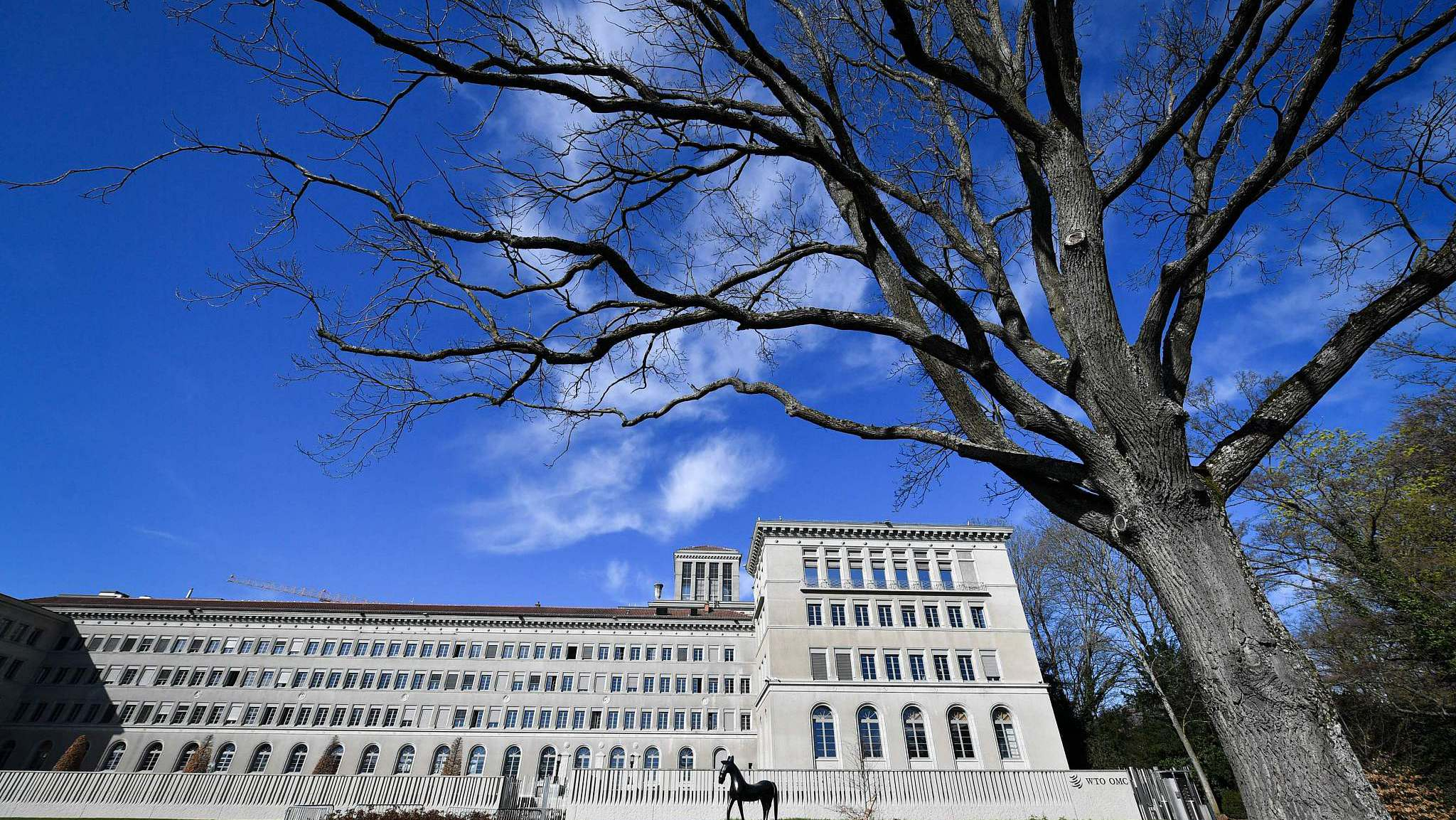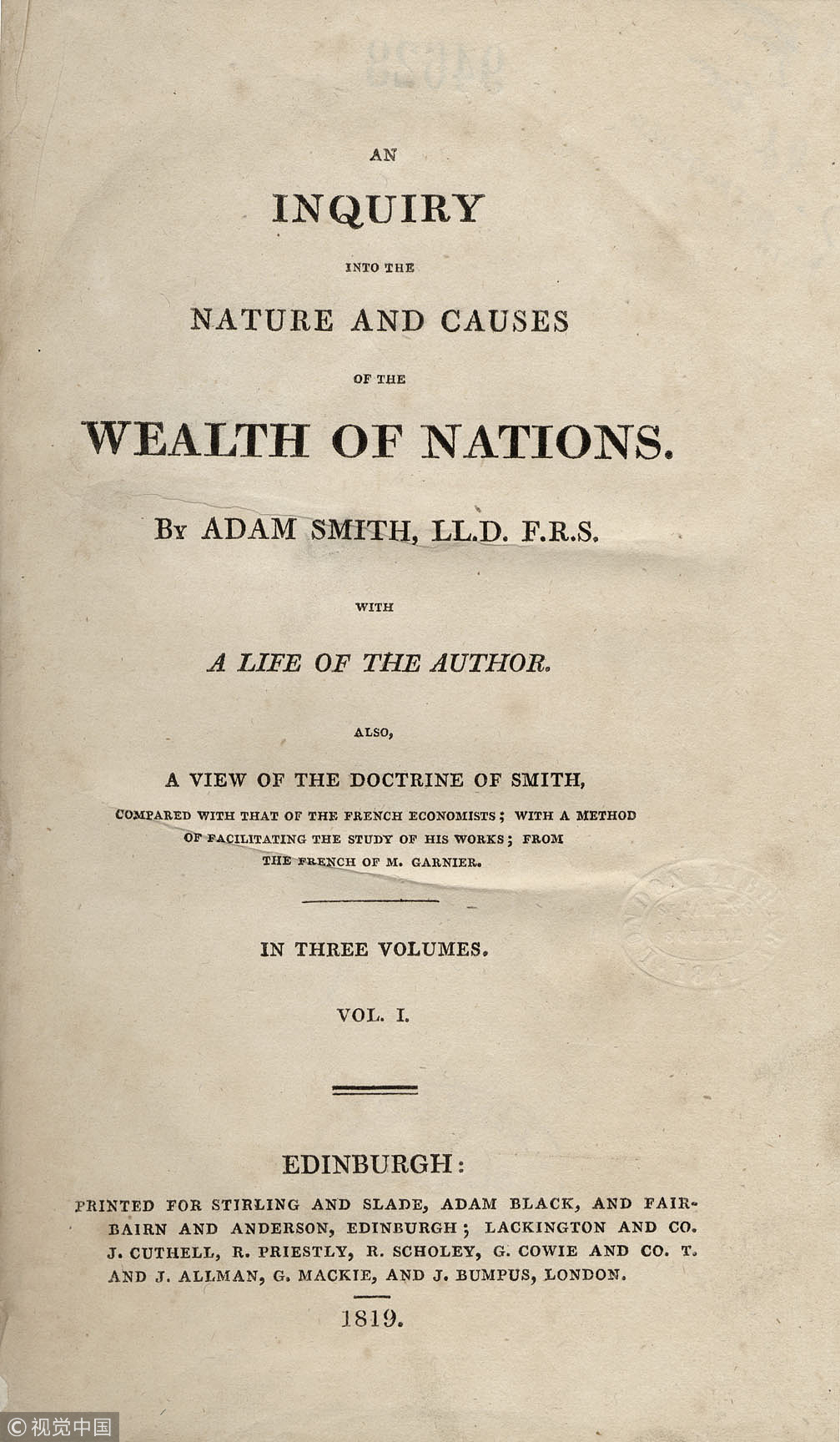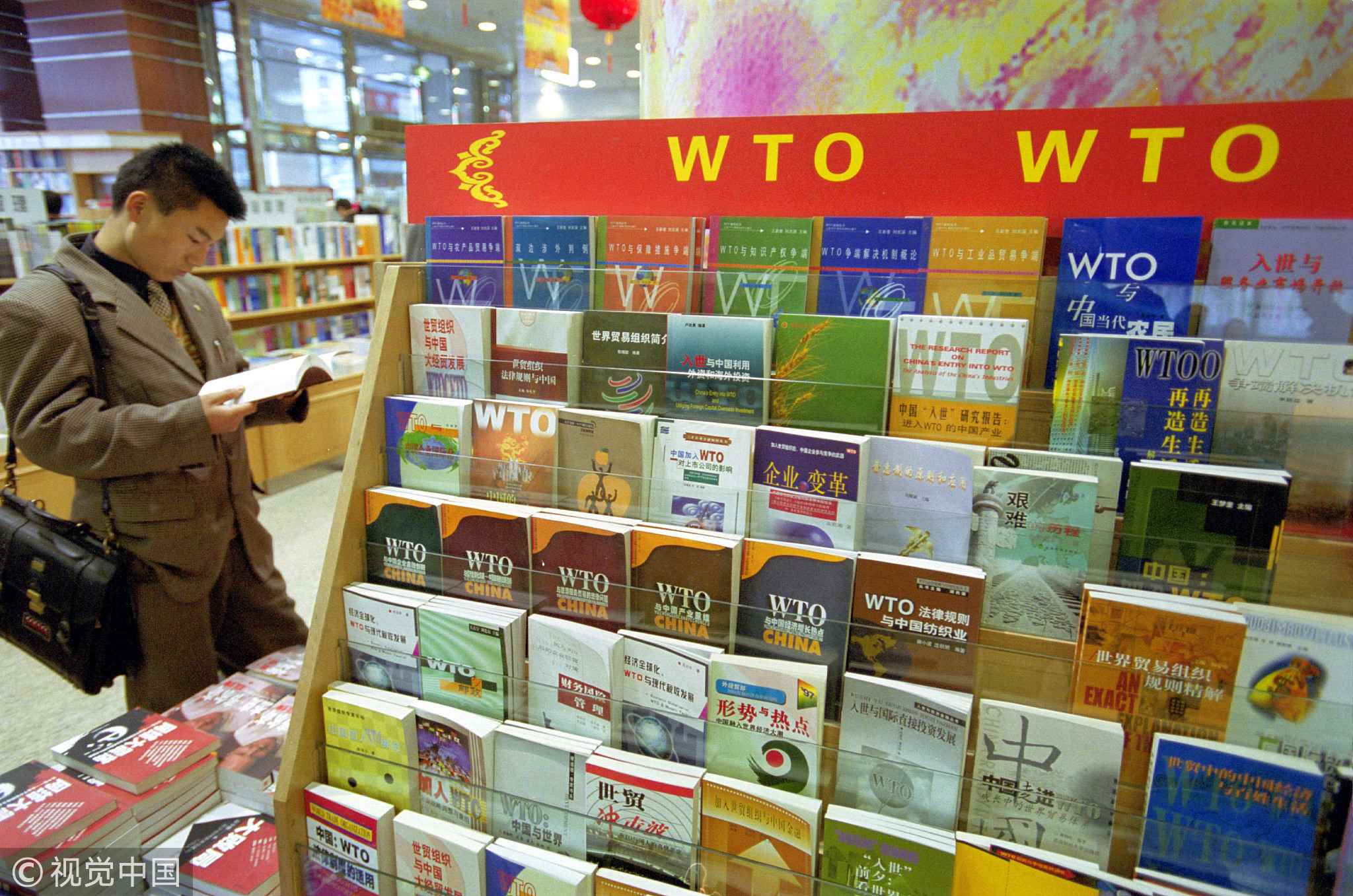
Opinions
22:20, 28-Jun-2018
Opinion: China and the EU can jointly safeguard the WTO
Updated
22:12, 01-Jul-2018
By John Ross

Editor's note: John Ross is senior fellow at Chongyang Institute for Financial Studies under Renmin University of China. He is former director of economic and business policy for the Mayor of London.
The World Trade Organization (WTO) is by far the most important organization regulating world trade. In light of recent unfortunate unilateral impositions of tariffs outside the framework of the WTO by the US administration against a large number of countries, including the EU, China, India, Mexico, Canada and others, it is therefore important to reemphasize the role of this organization-which is crucially important for the economic development of numerous countries.
International trade, by definition, involves more than one country. Therefore it is an economic issue in which mutual agreement is absolutely vital – if one country were allowed to set the rules it would be tempted to, or inevitably would, make these in a way which benefit itself and not others.
This principle of mutual agreement guided the enormously beneficial development of the international trade system which culminated in the creation of the WTO. The enormous effort necessary to create the WTO was shown in the fact that it took 46 years to bring it into existence through seven rounds of negotiations in the previous General Agreement on Tariffs and Trade (GATT). With 164 members, the WTO, since the accession of Russia in 2012, includes all the world’s largest trading economies.
China joining the WTO in 2001 was, of course, a major step in the creation of a comprehensive WTO.
The WTO directly incorporates approximately 60 different agreements with international legal status. With a Brazilian Director General, and Deputy Director Generals from Germany, China, the US and Nigeria, the leadership of the WTO is representative of the most important world trading countries or trading groups. With this truly international framework, the dispute settlement mechanism of the WTO is the most internationally impartial that can be achieved at present – and far superior to any system of unilateral decisions by individual countries.
The crucial role of the WTO is even clearer when the vital importance of international trade to all countries' economic development is one of the most firmly established of economic principles from both a practical and a theoretical point of view.
Practically the collapse in world trade after 1929 immensely deepened the Great Depression, while the expansion of world trade after World War II, with exports plus imports rising from 24 percent of world GDP in 1960 to 56 percent in 2016, was a key pillar of world economic growth.

Adam Smith's 'An inquiry into the nature and causes of the Wealth of Nations'. Volume 1. /VCG Photo
Adam Smith's 'An inquiry into the nature and causes of the Wealth of Nations'. Volume 1. /VCG Photo
In terms of economic theory, the first sentence of the founding work of modern economics, Adam Smith’s The Wealth of Nations, is: “The greatest improvement in the productive powers of labor, and the greater part of the skill, dexterity, and judgement with which it is anywhere directed, or applied, seems to have been the effects of the division of labor.” In a modern economy, division of labor, with the creation of international supply chains, is necessarily international in scope.
Numerous factual studies confirm the positive correlation between the openness of an economy to trade and the speed of its economic development.
Given this crucial role of world trade for prosperity, and therefore of the WTO, it is unfortunate and damaging that the Trump administration has used a false pretext of ‘national security’ to attempt to justify executive imposition of tariffs against other countries and therefore attempts to circumvent both WTO rules and US Congressional approval.
It is clear that numerous items on which the US has imposed, or has threatened to impose, tariffs have nothing to do with ‘national security’ – and it is equally false to suggest that such close US allies as Canada or Germany constitute threats to US national security.
Faced with such issues, it is clear that the EU and China, as respectively the world’s largest goods trading bloc and the world’s largest goods trading nation, have a vital common interest in safeguarding the WTO.
The fundamental data on world trade make this common interest clear. The US in 2017, on IMF data, accounted for only 10.6 percent of world goods trade. The Chinese mainland accounted for 11.5 percent - and with the Hong Kong Special Administrative Region it accounted for 13.5 percent. The Eurozone by itself accounted for 24.5 percent of world goods trade, and the entire EU for 32.6 percent - although a large part of that, of course, was trade within the EU itself.
That, however, means that the Chinese mainland, Hong Kong and the EU together account for 45.1 percent of world trade – compared to only 10.6 percent for the US. Furthermore, almost all the countries which account for the nearly 90 percent of world trade which is not with the US are committed to maintaining the fundamental system of the WTO.

A WTO bookstand on Nov. 5, 2001, in a bookshop in Beijing, China. /VCG Photo
A WTO bookstand on Nov. 5, 2001, in a bookshop in Beijing, China. /VCG Photo
Since China joined the WTO it has been a pillar of development of world trade. The Chinese mainland’s share of world trade has risen from 4.8 percent in 2000 to 11.5 percent in 2017. Taking only China’s goods imports those rose in the same period by 2.0 trillion US dollars compared to an increase of 0.7 trillion US dollars for the US.
With China’s imports rising by more than two and a half times as much as the US, China was easily the most rapidly growing single national import market in the world. Only the entire EU’s increase in imports, at 3.4 trillion US dollars, exceeded China – and a large part of that was trade within the EU.
It is therefore clear that both the EU and China are bastions of world trade and the WTO. They have a joint interest in defending the WTO and preventing any attempt to substitute for its system unilateral actions by individual countries.
This defense of the fundamental framework of the WTO has nothing to do with geopolitics or "national security" in the genuine sense. The EU and the US will doubtless remain united militarily in NATO.
But the EU, like China, has a vital economic interest in maintaining the framework of the WTO to govern world trade. The EU and China between them have both the power and the self-interest to maintain the WTO framework for world trade. It is therefore vital both for themselves and for the world that they use it.
(Cover Photo: The World Trade Organization (WTO) headquarters in Geneva, April 12, 2018. /VCG Photo)

SITEMAP
Copyright © 2018 CGTN. Beijing ICP prepared NO.16065310-3
Copyright © 2018 CGTN. Beijing ICP prepared NO.16065310-3